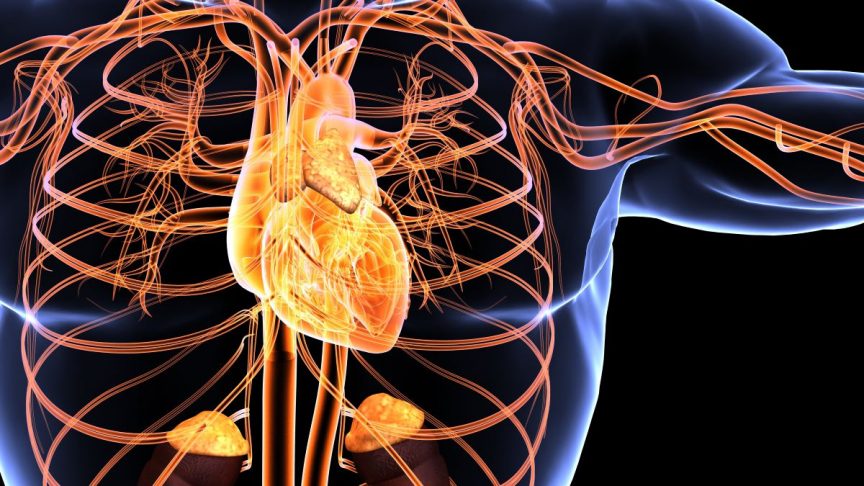Initial strategy of catheter ablation leads to lower risk for composite primary end point versus antiarrhythmic drug therapy
By Elana Gotkine HealthDay Reporter
FRIDAY, Nov. 22, 2024 (HealthDay News) — An initial strategy of catheter ablation leads to a lower risk for a composite primary end point than antiarrhythmic drug therapy among patients with ischemic cardiomyopathy and ventricular tachycardia, according to a study published online Nov. 16 in the New England Journal of Medicine to coincide with the American Heart Association Scientific Sessions 2024, held from Nov. 16 to 18 in Chicago.
John L. Sapp, M.D., from Dalhousie University in Halifax, Nova Scotia, Canada, and colleagues randomly assigned 416 patients with previous myocardial infarction and clinically significant ventricular tachycardia to receive antiarrhythmic drug therapy (sotalol or amiodarone) or to undergo catheter ablation, performed within 14 days after randomization. Patients were followed for a median of 4.3 years.
The researchers found that a primary end point occurred in 50.7 percent of the 203 patients assigned to catheter ablation and 60.6 percent of the 213 assigned to drug therapy (hazard ratio, 0.75). Among patients in the catheter ablation group, adverse events within 30 days included death and nonfatal adverse events (1.0 and 11.3 percent, respectively). Among patients assigned to drug therapy, adverse events attributed to antiarrhythmic drug treatment included death from pulmonary toxic effects and nonfatal adverse events (0.5 and 21.6 percent, respectively).
“Catheter ablation and antiarrhythmic drug therapy can reduce the risk of recurrent ventricular tachycardia and implantable cardioverter-defibrillator shock, but both approaches are associated with adverse events and have imperfect efficacy,” the authors write. “Determining when to use these therapies is an important clinical decision.”
Several authors disclosed ties to pharmaceutical companies, including Johnson & Johnson and Abbott, which provided research grants.
Copyright © 2024 HealthDay. All rights reserved.

